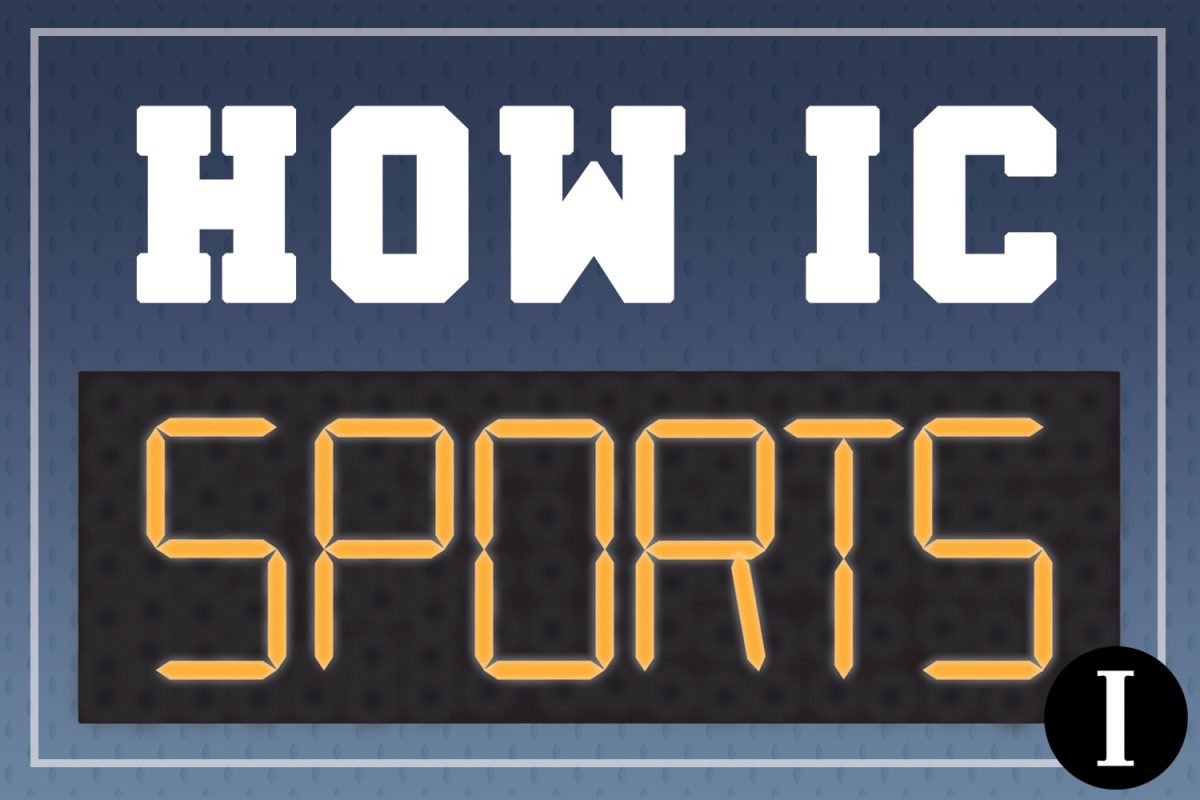The price of higher education is a cost heavy on many students’ minds. At Ithaca College, the cost of tuition, room and board and other fees totals $75,013. Because of this price, a majority of students rely on financial aid in pursuit of their degree. However, recent changes to the billing system makes the college even more financially inaccessible to students.
Starting Aug. 15, the college will be unregistering students who have outstanding debts between $7,000-$10,000 that have not been paid by Aug. 10. This new policy dismisses student needs and instead creates another massive financial barrier, contributing to an environment of inequity. While this policy has the potential to affect all students, it will be especially harmful to students who grew up in lower-income households, students who identify as first generation and students of color. The college cannot claim to be a space that advocates for diversity and inclusion while simultaneously implementing policies that uphold systemic classism and racism that are rampant in higher academia.
According to a CNBC article, the number one reason students cite for dropping out of college is financial concerns. With the new billing system in place, this issue has the potential to intensify at the college. Students should not be forced out of their classes, their schools, their community because they cannot pay thousands of dollars prior to the semester even starting. There must be some sense of grace and support for students who are eager to learn, regardless of their financial situation.
The financial inaccessibility of higher education perpetuates stark inequities in our society. If the college truly wants to be a “place of progress” — a school that prioritizes community and inclusion — then they must revise the billing system to be more understanding of students’ financial situations.




















